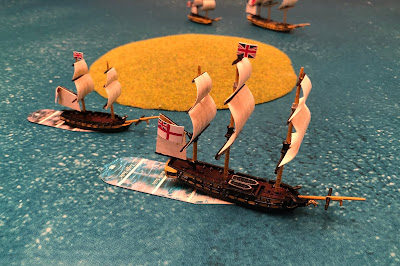The Fortress by Alexander Watson is the story of the fortified city of Przemyśl in the First World War. Today, it lies in the south-eastern corner of Poland, on the modern border with Ukraine. At the start of the twentieth century, it belonged to the Habsburg Empire and was the main garrison defending the province of Galicia.
In September 1914, the Russian army routed the Austro-Hungarian field army in Galicia and the fortress at Przemyśl was all that stopped the Russian advance deep into the Habsburg domains. The 130,000 man garrison was a ragtag collection of reservists from across the empire.
They were, in the main, the oldest age group, between 37 and 42 years old, commanded by academics, businessmen and middling state officials with reserve commissions; or, as one bluntly described his comrades, ‘well-past-their-prime fatties’. Typically, the officers commanded troops of a different nationality and did not speak the language of their men.
The fortifications were also pretty old and some cases obsolete. The outer defences covered some 48km with 17 main and 18 subsidiary forts. They were latterly joined up with trenches, some hastily built. When war broke out the fortress was unprepared and antiquated. Fortunately for the Habsburg troops, the Russians had no siege artillery, although their experienced artillery still put down accurate bombardments.
The fortress commander was Hermann Kusmanek, left stranded in a fortress 70km from the field army. The Russian commander Brusilov was initially told just to screen the fortress, but he believed he could storm the fortress, thereby releasing some 90,000 troops for the next stage of the offensive. However, the assault failed and the siege had to be abandoned as the Habsburg field army mounted a counter-attack that relieved the fortress. The ‘fatties’ had held on!
Within a month the field army had again been defeated and the Russians were back. This time there would be no relief as Habsburg armies tried to break out through the Carpathian Mountains in winter. The Russians simply blockaded the fortress and starved the garrison into surrender. 9 Habsburg generals, 2,500 officers and 117,000 other ranks fell into Russian hands. One in five died in captivity.
The author tells the story of the men and the civilians who endured the siege. It is a harrowing tale of atrocities, corruption and deprivation. Particularly for the rank and file troops and the civilians left behind. Well research and written, it tells a story of a key turning point for the Austro-Hungarian Empire in WW1 that most will never have heard of.
 |
| Austrian infantry - no 'fatties' here! |










